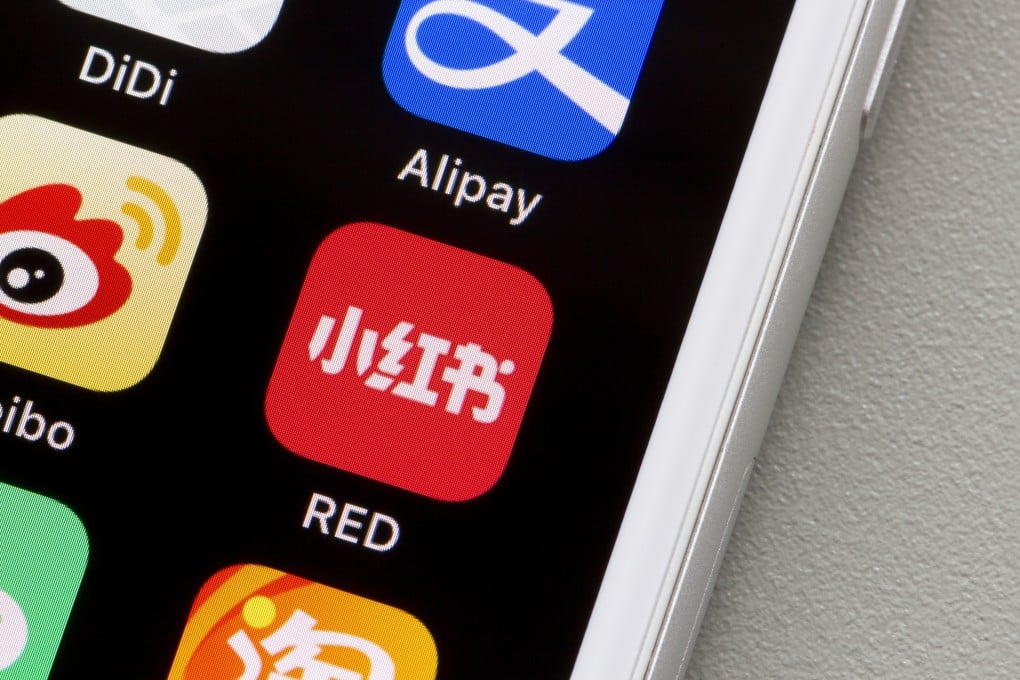Advertisement
Chinese social e-commerce app Xiaohongshu raises US$500 million as IPO plans hit roadblock amid regulatory tightening
- The platform known as China’s answer to Instagram raised the money from existing investors after being forced to put IPO plans on hold
- Xiaohongshu is one of several tech companies that planned to list overseas until Beijing made government probes part of the process
Reading Time:2 minutes
Why you can trust SCMP

Social e-commerce app Xiaohongshu, known as China’s answer to Instagram, has raised US$500 million from existing investors in a new fundraising round after the company was forced to put its plans for an initial public offering on the back burner amid Beijing’s heightened scrutiny of overseas listings, according to a source briefed on the matter.
The new funding for Shanghai-based Xiaohongshu, which means “little red book”, boosted the company’s valuation to US$20 billion, according to the source, who asked not to be named because the matter is private. The round was led by Singapore state investor Temasek Holdings and Tencent Holdings. Genesis Capital, Tiantu, and Alibaba Group Holding, owner of the South China Morning Post, also invested.
Xiaohongshu confirmed that it raised new funding primarily from existing investors, but it declined to name those investors or the amount raised. The news was first reported by Chinese tech news site 36kr on Monday.
The company filed confidentially to list in the US earlier this year, but the plan was put on hold after Beijing increased regulatory oversight of overseas listings, the Post reported in July.
Advertisement
Since the regulatory changes, Xiaohongshu’s IPO plans have been a guessing game. In October, Bloomberg News reported that the company was looking at listing in Hong Kong to raise US$500 million, but the company denied the report, saying it had no specific IPO plans.
Beijing’s regulatory overhauls have hit numerous tech companies that have listed or planned to list overseas. After going public in New York at the end of June, ride-hailing giant Didi Chuxing, Boss Zhipin and Full Truck Alliance were all hit with cybersecurity reviews. Didi went ahead with the IPO despite warnings from the Cyberspace Administration of China.
Advertisement
Later in July, Beijing introduced a draft regulation that would require any company with the personal information of more than a million Chinese users to go through a cybersecurity review if they want to list overseas. Questions remain over whether such rules apply for listing in Hong Kong.
Advertisement
Select Voice
Choose your listening speed
Get through articles 2x faster
1.25x
250 WPM
Slow
Average
Fast
1.25x